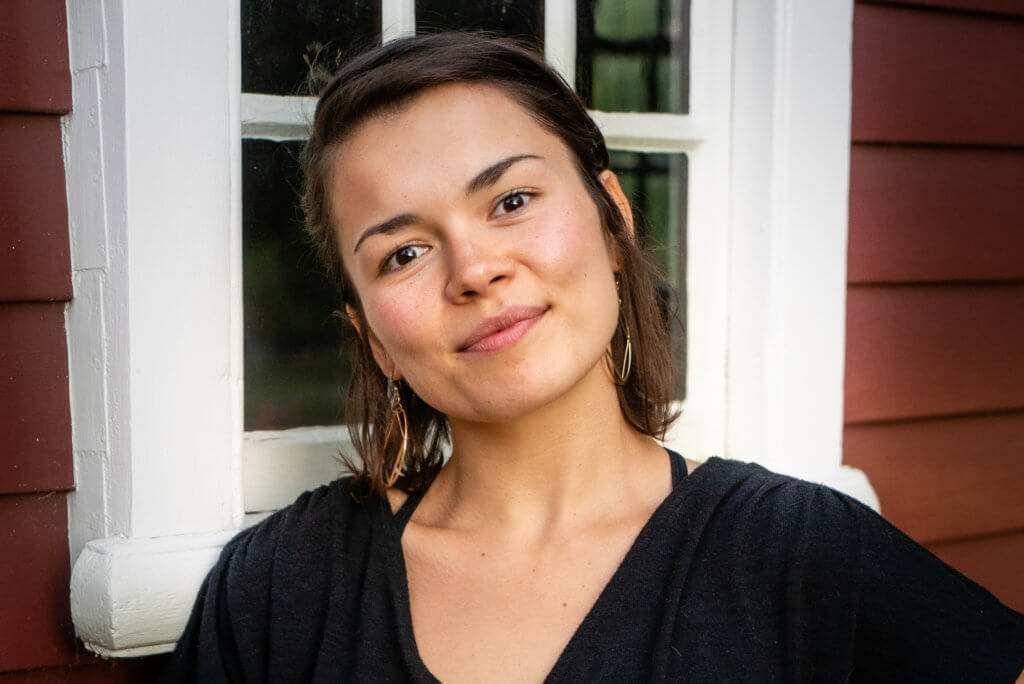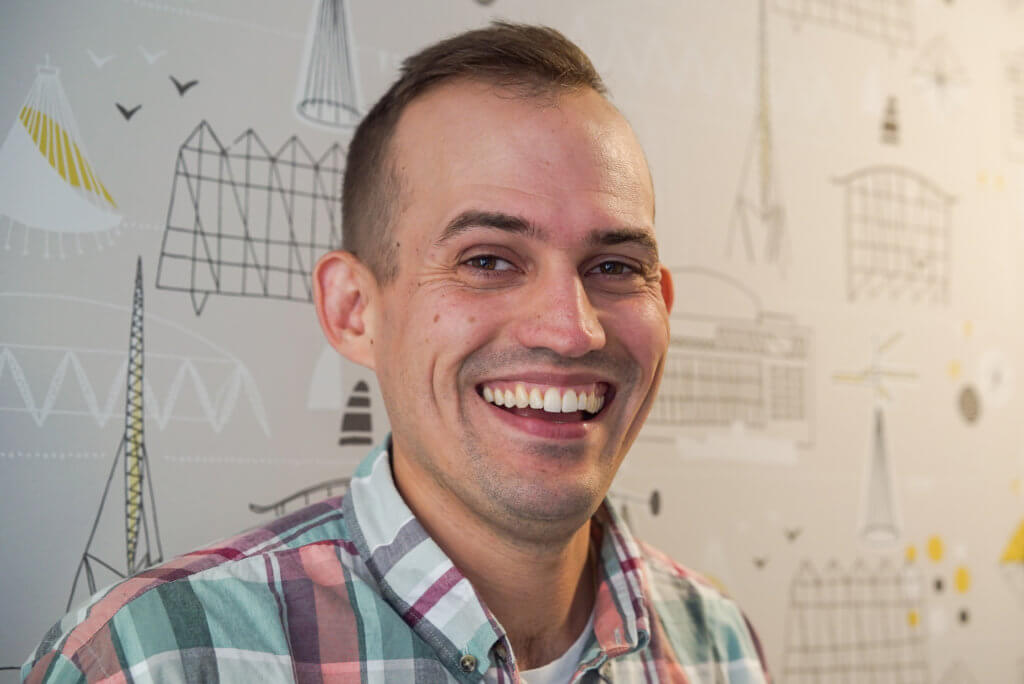Episode
Highlights
THE WAY
“I was brought up in it. Some people ask me why do I do things? I don’t know. It’s because it’s the way I’ve always just done them [laughs]”
—MURRAY KAPLAN

Advertisement for the grand opening of Rainbow Bakery’s first location | Photo: Courtesy of the Kaplan Family

Murray and his mother, Leah, on opening day of the new Rainbow Bakery | Photo: Courtesy of the Kaplan Family

Barney and Leah Kaplan (right) looking at the construction site for the new Rainbow Bak | Photo: Courtesy of the Kaplan Family
A LOT OF JEWISH BAKERIES
“They moved to Prairie Avenue, which was a Jewish Mecca. In South Providence. And in those days, there were a lot of Jewish bakeries in that area. You had Korb’s, Perler’s, Kessler’s, Kaplan’s, which is my father.”
—MURRAY KAPLAN
A STAGECOACH PATH
“My father decided to come to Cranston. Cranston was a growing community at the time. He told me, when he was a young man, very young, that he had the opportunity to buy all of the land from the corner of Park and Reservoir all the way to Garden City for $10,000. And his father wouldn’t let them do it because Reservoir Avenue was a stagecoach path. Garden Hills and Dean Estates were coal mines.”
—MURRAY KAPLAN

In 1976, Murray volunteers to make a cake for the state of Rhode Island’s Bicentennial celebration. He constructs an exact, to-scale replica of the State House out of cake. | Photo courtesy of the Kaplan Family
BOOMING
Business is booming. And not just with Jewish customers.
“I want to go back maybe to the maybe mid- to late- 1980’s. A lot of the older Jewish people, a lot of them passed away. A lot of them spent their winters in Florida. Their children didn’t observe as much. And there was just a sharp decline.”
—MURRAY KAPLAN

Murray and Deborah Kaplan on their wedding day | Photo: Courtesy the Kaplan Family

Murray and Deborah today | Photo: Courtesy Kaplan Family
LOVE HER TO DEATH
“We’ve been married almost 52 years. Okay. I got a great wife, man. She’s just…she’s amazing. Okay. And I just I love her to death. And yes, I did wait too long because we should have been doing things before you know is traveling. Just enjoying one another, going out and doing things that we don’t ordinarily do. And I regret that. But there’s nothing I can do about it. It’s too late. I can’t go back. All I can do is look forward.”
—MURRAY KAPLAN

Murray putting loaves into the oven | Photo: Courtesy of the Kaplan Family


